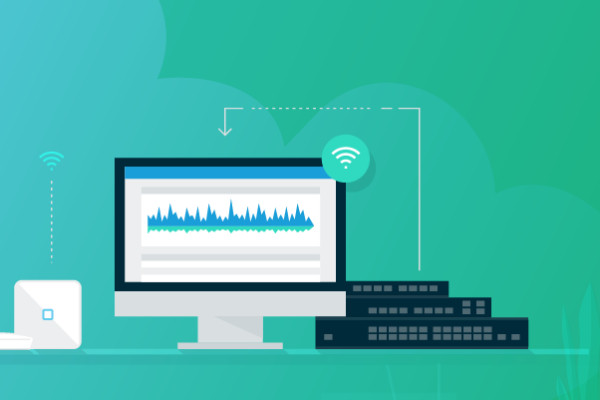What’s The Difference Between Circuit Switching vs Packet Switching
Having a full understanding of how your network is tied together will better prepare you to respond to connectivity issues, as well as troubleshoot larger, more critical network issues.
The two main methods of expediting network connections are circuit switching and packet switching. These two models facilitate the sending and receiving of data packets.
In this article, we will break down the difference between circuit and packet switching and what the advantages are for each method.
What Is Circuit Switching?
Circuit switching was designed specifically for voice communication and is not ideal for data transmission. In circuit switching, a dedicated channel must be created between the sender and receiver before they can speak to one another.
Circuit switching is most often seen in telephone systems that require a dedicated, physical path.
Circuit switching, which is set up at the physical layer, sends the entire message through the dedicated channel. This type of switching isn’t ideal for data transmission because data is sent and received in streams, meaning the line would remain idle in between transmission spurts. That would be a waste of bandwidth.
Advantages of circuit switching over packet switching:
- Decreases the delay the user experiences before and during a call
- The call will be done with a steady bandwidth, dedicated channel, and consistent data rate
- Packets are always delivered in the correct order
Disadvantages of circuit switching:
- Great for only voice communication
- Doesn’t use resources efficiently
- Dedicated channels for circuit switching are unavailable for any other use
- There is a higher cost to dedicate one channel per use
What Is Packet Switching?
Unlike circuit switching, packet switching does not require the use of a dedicated channel. Packet-based networks break down a message into smaller data packets which then look for the most efficient route available. For efficiency’s sake, each data packet could go a different route. The header address contains the source and destination nodes. Once all of the data packets reach the correct destination, the packets are extracted and reassembled to create the sender’s original message.
Packet switching is most often used for data and voice applications that aren’t time-sensitive.
Advantages of packet switching over circuit switching:
- More efficient than circuit switching
- Data packets are able to find the destination without the use of a dedicated channel
- Reduces lost data packets because packet switching allows for resending of packets
- More cost-effective since there is no need for a dedicated channel for voice or data traffic
Disadvantages of packet switching:
- Not ideal for applications that are in constant use, such as high volume voice calls
- High-volume networks can lose data packets during high-traffic times; those data packets cannot be recovered or resent during transmission
- There is a lack of security protocols for data packets during transmission
While circuit switching and packet switching are the most common methods of transferring data across networks, choosing the right one depends on your specific business needs when it comes to voice and data transfer.
If your goal is to establish clear, reliable voice communication channels, circuit switching may be your best option. If your goal is to facilitate multiple voice and data applications at the same time, then packet switching may be your best option.
Looking to get started with Managed Networking as a service?
Datto Networking is the most MSP-centric networking product line in the world. From pricing to deployment and ongoing management in the cloud, Datto Networking was built for the managed services model.
This product line was born in the cloud and features just-plug-it-in installation, auto-optimization and network continuity. From Wireless access points to cloud managed switches and edge routers Datto Networking provides a seamless networking experience.




